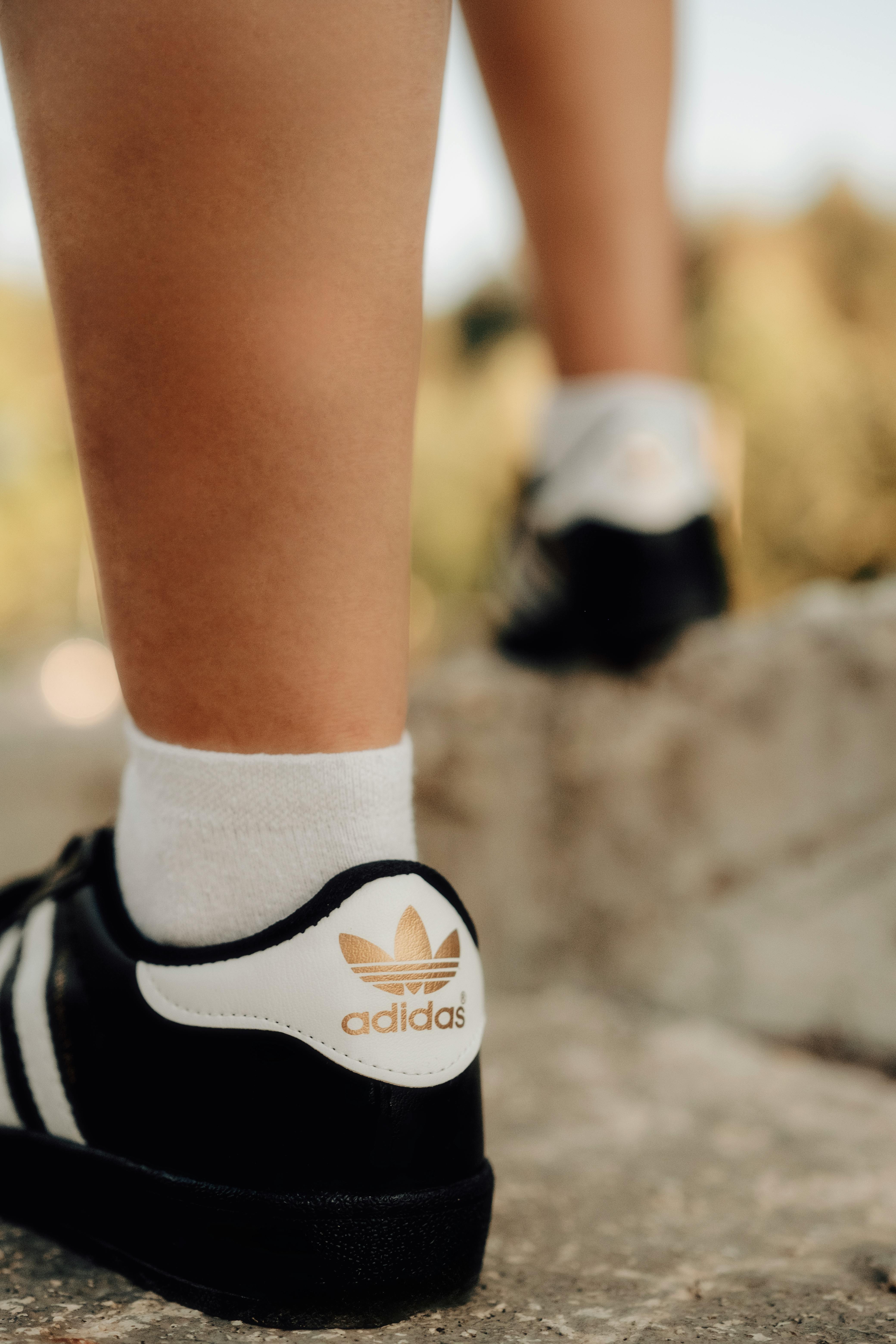
Effective Ways to Master How to Ski in 2025: Learn More and Enjoy the Slopes
Skiing is an exhilarating sport that offers excitement for both beginners and seasoned enthusiasts. As we move into 2025, mastering skiing techniques has never been more accessible, thanks to advancements in ski gear and training methods. From the slopes of popular ski resorts to skiing culture shared in vibrant communities, there's a wealth of opportunities waiting for you.
Understanding how to ski can significantly enhance your experience, particularly when it comes to choosing the right ski equipment and picking the perfect ski lessons. This article aims to guide you through essential skiing tips, ski instructors' advice, and everything you need to make your ski holiday unforgettable. We'll explore beginner skiing tips, ski safety protocols, and various styles such as cross-country and downhill skiing.

Whether you're planning a skiing trip with family, interested in ski competitions, or looking to improve your skills, this comprehensive guide will provide practical insights. As we navigate through skiing tricks, equipment essentials, and safety precautions, you’ll be well-prepared for the slopes. Let's find out how to make skiing an integral part of your winter!
Throughout this article, we will emphasize the importance of ski fitness, etiquette, and maintenance routines, which all contribute to a successful skiing adventure. Get ready to embrace the thrills of 2025 skiing!
Essential Ski Equipment for Beginners
When embarking on your skiing journey, having the right ski gear is paramount. The correct equipment ensures safety, performance, and overall enjoyment on the slopes. For beginners, it is crucial to invest in quality ski boots, skis, and poles that suit your style and skill level.
Choosing the Right Ski Boots
One of the first steps in gearing up for skiing is selecting the appropriate ski boots. It's essential to choose boots that fit snugly without being overly tight, as proper fitting enhances control and comfort. Experts recommend trying on various models to find the perfect match, taking into consideration the flex and type of skiing you'll be doing.
Types of Skis You Should Consider
Beginners should typically start with all-mountain skis. These skis are versatile, allowing for both downhill and cross-country skiing on various snow conditions. It's advisable to consult with a ski specialist in a reputable ski shop to understand the differences and get personalized recommendations based on your body type and skiing expectations.
Ski Poles: An Overlooked Essential
Ski poles are often underestimated, yet they serve crucial functions in balance and navigating slopes. When selecting ski poles, height and material matter. Ensure the poles are waist-high when standing upright, and consider lightweight materials for easier maneuverability. Proper pole usage will enhance your balance while skiing.
Crucial Ski Lessons for Skill Development
Taking ski lessons from certified instructors can significantly accelerate your learning curve. Ski schools provide structured training, ensuring you grasp essential skiing techniques and safety protocols. Many ski resorts offer lessons suitable for all skill levels, so consider taking advantage of these resources.
Beginner’s Weekend Ski Lessons
For those new to the sport, enrolling in a weekend ski course allows for immersive practice. You will learn foundational skills such as making turns, stopping, and maintaining balance. Group lessons foster a supportive environment where you can share learning experiences with fellow beginners.
Private Lessons for Personalized Guidance
If you're looking for individualized attention and tailored instruction, private lessons are the way to go. Ski instructors can provide invaluable feedback, allowing you to focus on specific areas needing improvement. This targeted training can enhance your confidence on the slopes faster than group lessons.
Video Tutorials and Online Resources
As technology continues to advance, many ski enthusiasts turn to online tools and video tutorials for learning. Platforms like YouTube provide excellent content covering various skiing techniques, common mistakes, and fitness tips. However, supplementing online learning with real-life instructor guidance is essential for comprehensive skills development.
Safety Awareness for a Smooth Ski Experience
Safety should always be a priority when skiing, regardless of experience level. Proper ski etiquette and understanding snow conditions can prevent accidents and injuries. Familiarizing yourself with the ski resort rules and regulations is crucial for your protection and that of other skiers.
Understanding Ski Etiquette
Every skier should be educated on proper ski etiquette. This includes respecting others on the slopes, yielding to uphill skiers, and adhering to signage. In case of a fall, ensure you move out of the path of others as quickly as possible to avoid collisions.
Skiing During Various Snow Conditions
Snow conditions can dramatically affect skiing safety and enjoyment. It's vital to be aware of current weather patterns and understand how they influence the slopes. For instance, icy conditions require different techniques compared to powdery snow, impacting your speed and turns. Always check local forecasts and resort updates before heading out.
Staying Fit for Skiing
Physical condition plays an essential role in skiing performance and endurance. A workout routine that emphasizes leg and core strength, balance, and flexibility will enhance your skiing ability. Proper fitness preparation can prevent injuries and maintain your energy levels throughout your ski trip.

Planning Your Ski Holidays: Tips and Destinations
Planning the perfect ski holiday involves understanding various factors, from selecting the right ski resort to preparing your ski gear. Different ski resorts cater to varying experience levels, family needs, and budget constraints. Understanding these factors will make your planning significantly easier.
Selecting the Right Ski Resort
When choosing a ski resort, consider the type of skiing you wish to pursue—downhill, cross-country, or both. Research resort ratings and ski maps to find the best fits for your skills. Popular destinations such as Aspen, Vail, or Whistler offer extensive facilities for all levels of skiers.
Booking Ski Equipment in Advance
Reserving your ski equipment ahead of time can save considerable time and money. Many resorts feature rental shops with equipment tailored for individuals of all skill levels. Additionally, renting gear offers the perfect opportunity to try out different types without a hefty investment.
Planning Ski Activities Beyond the Slopes
A successful ski holiday means more than just skiing. Consider après-ski activities that enrich your experience. From cozying up in a lodge with a hot drink to exploring local dining and shopping, participating in off-slope events adds to the enjoyment of your ski trip.
Common Challenges and How to Overcome Them
Every new skier faces challenges, including mastering skills, avoiding injuries, and managing anxiety. Recognizing these challenges can better prepare you for the slopes.
Managing Skiing Anxiety
Skiing can provoke anxiety, particularly for beginners facing vast slopes or difficult terrain. Taking gradual steps and practicing patience are essential. Consider seeking help from instructors or participating in group lessons where camaraderie can ease pressure.
Overcoming Common Skiing Mistakes
Common mistakes such as leaning back on skis or incorrect turning techniques can hinder your progress. Regular practice and feedback from instructors can help mitigate these errors. Use ski videos to self-analyze and understand better what adjustments are necessary for improvement.
Understanding the Importance of Ski Training
Maximizing your performance on the slopes is about more than just practice; it’s about proper training. Incorporating ski drills focusing on balance, speed, and agility can refine your skills, making each skiing session a valuable step in enhancing your ability.
Q&A: Expert Advice on Skiing
What are the best tips for beginner skiing?
Start with a ski lesson to learn the basics, invest in suitable ski gear, and practice regularly. Try to stay relaxed and enjoy the experience!
How can I avoid injuries while skiing?
Warming up before hitting the slopes, maintaining good physical fitness, and understanding proper techniques can minimize the risk of injuries.
What should I pack for my ski trip?
Ensure to include ski jackets, pants, gloves, helmets, and base layers in your packing list. Don’t forget ski goggles and sunscreen to protect against the elements.
What are the advantages of uphill skiing?
Uphill skiing, or touring, is excellent for fitness and provides unique experiences away from busy slopes, showcasing breathtaking scenery.
How do I choose the right skis for my skill level?
Visit a specialized ski shop to get fitted. Ask for advice based on your skiing style—narrow all-mountain skis for versatility, or wider skis for better floatation in deeper snow.